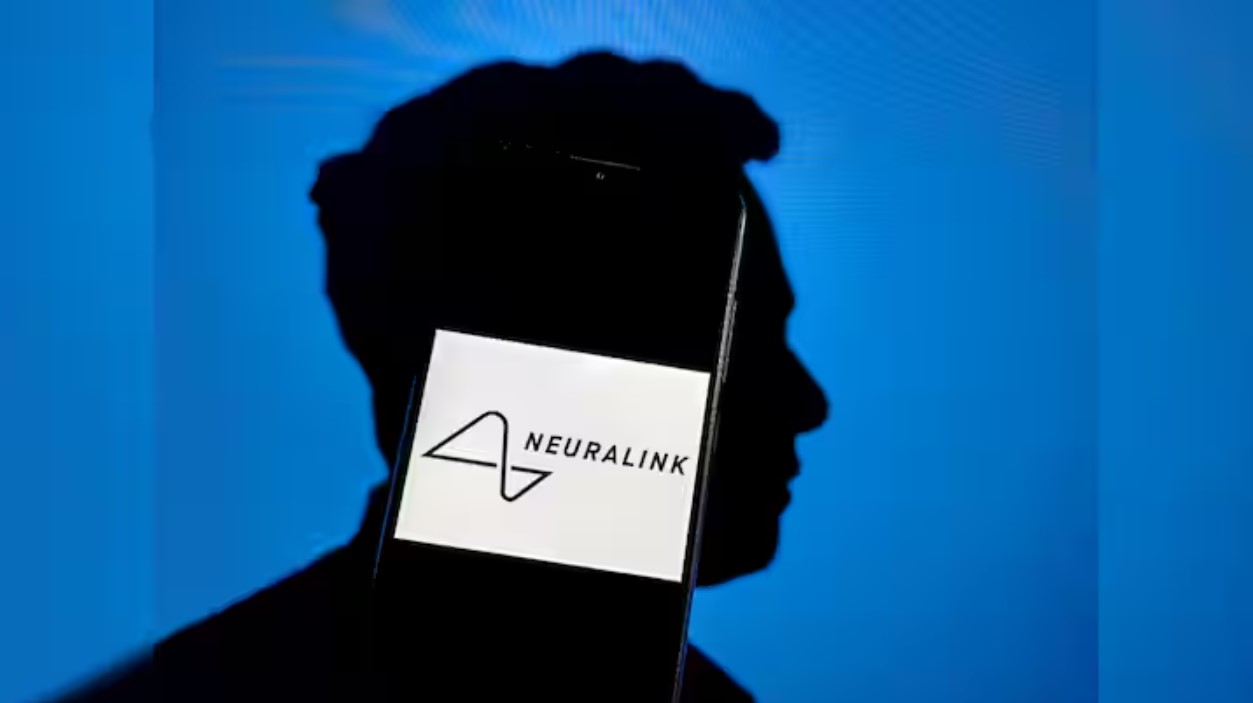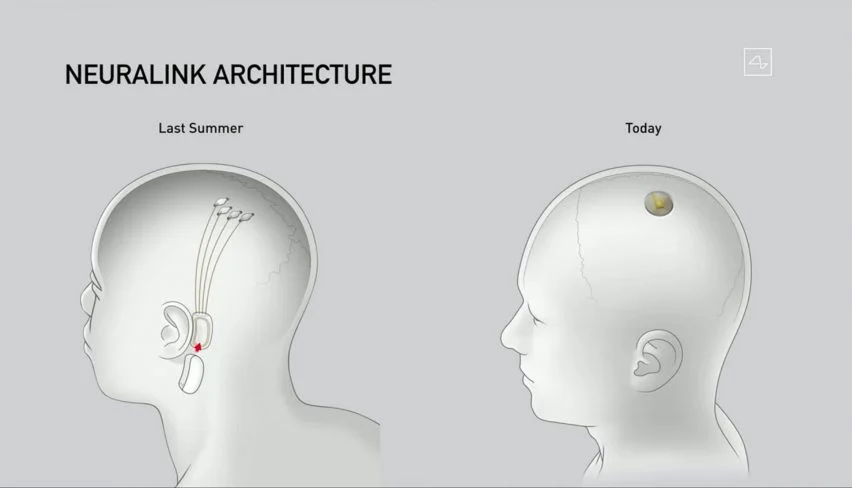Neuralink lets paralyzed man play chess

Neuralink, the brain technology company founded by Elon Musk, live-streamed an update with its first brain implant patient on Wednesday. The patient, identified as Noland Arbaugh, a man with quadruple palsy, demonstrated remarkable control over a computer using only his thoughts. During the live stream on Musk's X (formerly Twitter), Arbaugh demonstrated his ability to play video games and participate in online chess using only the power of his brain.
Expressing his astonishment, Arbaugh exclaimed, "I had given up playing that game." The Neuralink implant, a breakthrough device, allows patients to use their neural signals to interact with computers, marking a significant advance in assistive technology.
Arbaugh, 29, recounted a spinal cord injury eight years ago in what he described as a "freak diving accident." After the Neuralink procedure in January, which Arbaugh was released from the hospital just one day later, he emphasized the transformative effect of the surgery, stating, "It's already changed my life." Despite acknowledging that the technology needs further improvement, Arbaugh expressed optimism about its future potential.
While Neuralink is not the only player in brain-computer interface technology, its device stands out with a higher number of electrodes, suggesting wider applications in the future. Unlike previous versions, Neuralink technology works wirelessly, eliminating the need for cumbersome external connections.

Musk hinted at the device's potential to restore vision in a post on X, envisioning an evolution from its current use in paralyzed patients to broader neurological improvements. "Blindsight is the next product after Telepathy," Musk wrote cryptically.
Experts in the field acknowledge the significance of Arbaugh's achievement while noting its connection to earlier demonstrations of brain-computer interface technology. As reported by Bloomberg, Kip Allan Ludwig, co-director of the Wisconsin Institute for Translational Neuroengineering, noted , "It's not a breakthrough compared to what others have shown before, but it's certainly a good starting point."
Latest gadgets
-
19 Sepgadgets
-
23 Maygadgets
LaserPecker LP5 Laser Engraver
-
01 Maygadgets
Swytch launches Swytch Max+ Kit
-
10 Margadgets
DJI AIR 3S
-
03 Margadgets
Razer Wolverine V3 Pro
-
21 Febgadgets
OBSBOT Tiny 2 SE
-
13 Febgadgets
Corsair launches Platform:4
-
17 Jangadgets
Nerdytek Cycon3
Most read gadgets
Latest gadgets
-
19 Sepgadgets
DJI launches Mini 5 Pro
-
23 Maygadgets
LaserPecker LP5 Laser Engraver
-
01 Maygadgets
Swytch launches Swytch Max+ Kit
-
10 Margadgets
DJI AIR 3S
-
03 Margadgets
Razer Wolverine V3 Pro
-
21 Febgadgets
OBSBOT Tiny 2 SE
-
13 Febgadgets
Corsair launches Platform:4
-
17 Jangadgets
Nerdytek Cycon3






